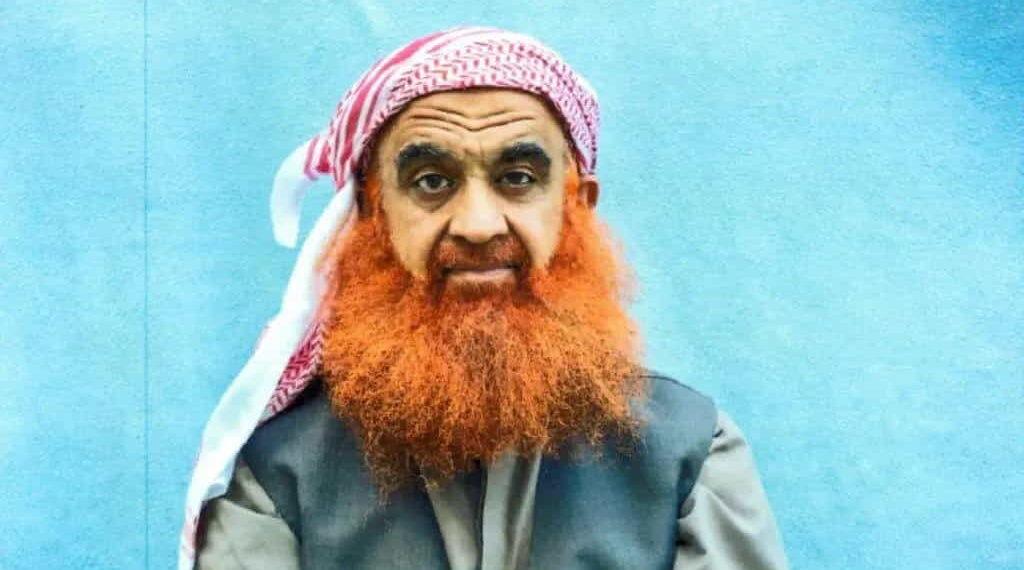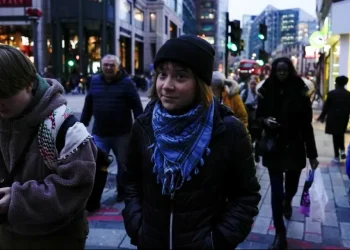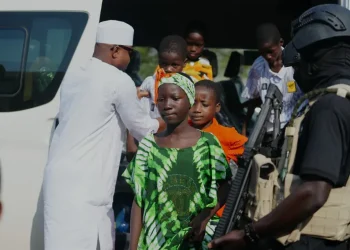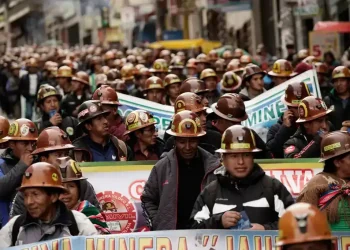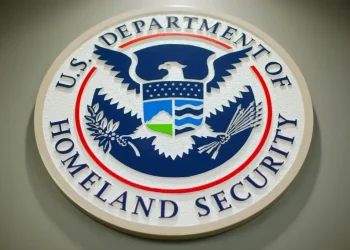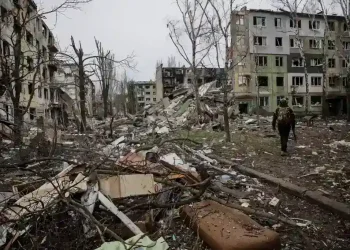Two Decades Later: The Pause in the Trial of the 9/11 Mastermind
Sitting on the front row of the war court at the US’s Guantanamo Bay naval base in Cuba, Khalid Sheikh Mohammed, one of the world’s most infamous defendants, listened intently. His bright orange beard and traditional attire – a headdress, tunic, and trousers – marked a stark contrast to the image of a younger Mohammed from when he was first captured in 2003.
At 59, Mohammed appeared in court with a pivotal moment ahead: he was set to plead guilty to charges related to the 9/11 attacks, almost 23 years after nearly 3,000 people lost their lives in one of the most devastating attacks on American soil.
But just as he was about to enter his plea – the result of a controversial deal with US prosecutors – the proceedings were suddenly paused by a federal appeals court, leading to another delay in a case that has been marked by years of stalling.
For many, this case is becoming an interminable journey. “It’s going to be the forever trial,” one relative of a 9/11 victim remarked, reflecting the deep frustration that has persisted for decades.
The Pause and the Plea Deal
Mohammed, who has previously stated that he was the mastermind behind the 9/11 attacks – from orchestrating the hijackings to presenting the plan to Osama bin Laden – was expected to formally plead guilty this week. However, the hearing was delayed due to complications surrounding a deal he struck with the US government.
Under the terms of the deal, if Mohammed pleaded guilty, he would avoid the death penalty. Yet, this agreement has come under intense scrutiny. The US government has tried to rescind the deal, arguing that allowing it to proceed would harm the public and the justice system. On the other hand, some argue that the deal is the only viable path forward, especially considering the allegations of torture that Mohammed and other detainees faced in US custody, which raises concerns about the integrity of the evidence.
As a result, a federal appeals court stepped in, halting the proceedings to give judges time to review the case and decide on the way forward.
Victims’ Families: A Painful Wait
For the families of 9/11 victims, this delay is not only disappointing but emotionally draining. Many had traveled to Guantanamo Bay to witness the proceedings. They had won a spot in the viewing gallery through a lottery, with some making personal sacrifices, such as arranging childcare and paying for pet care, just to be there.
Elizabeth Miller, who was only six years old when her father, New York City firefighter Douglas Miller, was killed in the attacks, shared her frustration. While she supported the plea deal in hopes of “bringing finality” to the case, she acknowledged the different opinions among families. Some felt the deal was too lenient, while others, like her, were simply desperate for closure. “Every time this goes back and forth, each camp gets their hopes up and then gets their hopes crushed again,” she said, describing the constant emotional whiplash.
Guantanamo Bay: 23 Years of Controversy
The delay in the trial is just the latest chapter in the long and controversial history of Guantanamo Bay. The US military prison, established after the 9/11 attacks as part of the “War on Terror,” has been holding detainees for more than two decades. The first prisoners arrived at Guantanamo on January 11, 2002, under a military order from President George Bush, which allowed non-US citizens to be held without charge and without the ability to challenge their detention.
The conditions at Guantanamo were initially harsh, with detainees held in exposed cages with mats on the floor. Over the years, conditions have improved, but the prison continues to face criticism from human rights groups and the United Nations for its treatment of detainees.
Former President Barack Obama vowed to close the prison, a promise revived under President Joe Biden’s administration. Yet, despite efforts, Guantanamo remains open. As of now, only 15 detainees remain, a sharp drop from the nearly 800 detainees once held there. Of those remaining, most have been charged with or convicted of war crimes. Their legal battles continue, though many are mired in complex legal issues.
Meanwhile, the base also serves military personnel and contractors, with facilities like a McDonald’s, a bowling alley, and even an Irish pub catering to their needs. The base, which is highly secured, remains largely off-limits to the press, with most access granted only to those with security clearance.
The Trial’s Uncertain Future
As the trial was paused on Friday, the judge noted that Mohammed’s planned plea would now fall into the hands of the next US administration, leaving the future of the case uncertain. With no resolution in sight, the hopes of victims’ families hang in the balance, as they continue to wait for justice, two decades after the devastating events of 9/11.
For now, the question remains: when, if ever, will this case truly come to an end?
This article was rewritten by JournosNews.com based on verified reporting from trusted sources. The content has been independently reviewed, fact-checked, and edited for accuracy, neutrality, tone, and global readability in accordance with Google News and AdSense standards.
All opinions, quotes, or statements from contributors, experts, or sourced organizations do not necessarily reflect the views of JournosNews.com. JournosNews.com maintains full editorial independence from any external funders, sponsors, or organizations.
Stay informed with JournosNews.com — your trusted source for verified global reporting and in-depth analysis. Follow us on Google News, BlueSky, and X for real-time updates.
